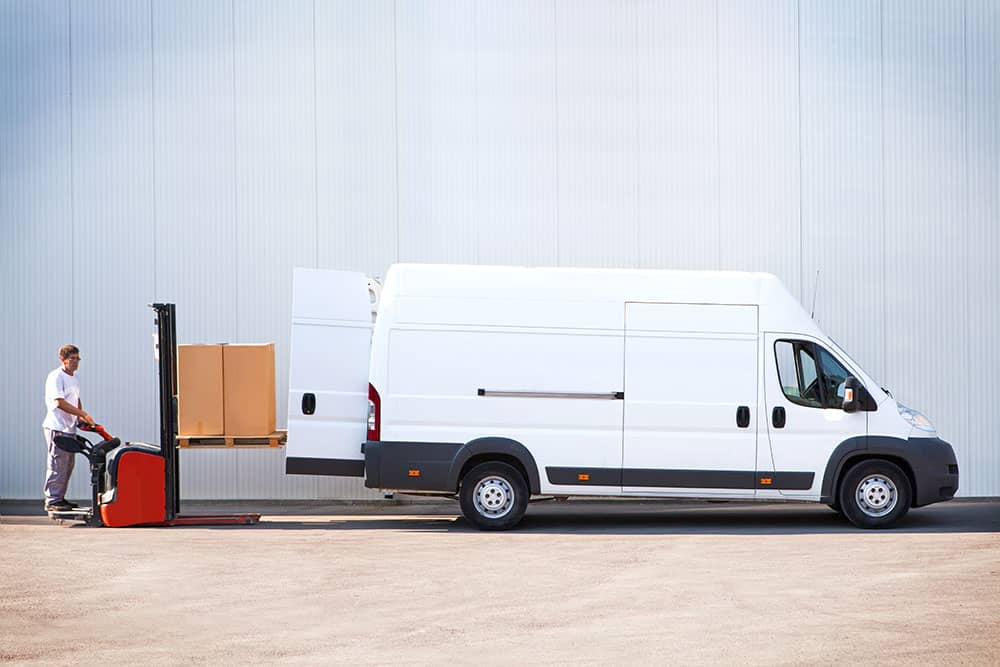Vehicles are expensive, both when buying and operating them. That’s why many companies stay away from purchasing one. But having a business car can benefit your trade in many ways. It’s what you can use to fulfil certain operations, especially if you are a logistics company. You may also need it to deliver goods, transport stock to another location, and reach a client to provide service.
So, while business vehicles require substantial funds, you can significantly benefit from them, no matter the size of your business. Additionally, you can turn to commercial vehicle finance to help you pay for the vehicle your company may need.
How Does Car Loans Work for Businesses?
Car finance, also known as vehicle finance or loan, means that you borrow money so you can purchase a vehicle such as a ute or truck. Suppose it is stated as a business car loan. In that case, you can only borrow money to buy a car that you will specifically use for your business.
Vehicle or car finance for businesses is also called a chattel mortgage. In this vehicle finance option, a lender lets you borrow money, which you will use to purchase. You immediately become the owner of the vehicle, unlike other types of commercial loans. However, the lender may still have the right to use the vehicle as security or collateral. After you have fully paid the loan, the mortgage is removed.
You can get vehicle financing from a dealership, bank, or an independent lender. Wherever you get the money, it’s important that you pay for the amount you borrowed. Apart from the money you were lent or the principal amount, you will also have to pay certain fees, including the interest rate.
If you are unfamiliar with business car loans, there are a few basic things that you need to be aware of. Here are the terms that you should know:
- Interest rate pertains to the percentage you need to pay based on your owed balance.
- Fees and charges can be anything from annual to monthly fees, penalties for early repayments made, and late payment charges.
- The loan period refers to the time you need for paying down your debt.
- Repayment amount means the cost of payments that you need to make on a regular schedule.
- The flexibility of repayment denotes your ability (or inability) to make extra repayments and other conditions.
You should also know about balloon payments. Many borrowers do not consider balloon payments. If you agree to this type of payment, it means that there is a lump sum that you should be paid at the end of the loan. A balloon payment accrues interest throughout the loan period. However, it does help reduce your repayments during the life of the loan. It’s beneficial for those who want lower monthly payments. Bear in mind that you will need to pay a larger amount at the end of the loan.

Should You Get a Commercial Car Loan?
The answer to this question will depend on whether or not your business will benefit from a loan. The good news is that most cars are eligible for finance. Therefore, you can get a loan for cars, utes, vans, and trucks. Of course, there are some restrictions, which is why you should always check the conditions before you apply for a loan. For example, you cannot get a loan for a ferrari if you are running a plumbing business.
Getting a commercial car loan means that you understand the vehicle you purchased should be used primarily for business-related transactions. Once you grasp these simple rules, you may be able to successfully apply for a business loan, which offers a few benefits:
- A business car loan is easy to apply for. As long as you have your Australian Business Number, have a business operating for at least two years, and all documents are ready, you send the application.
- If you get a loan, you can claim the loan’s interest as a tax deduction. This is a huge reason why people borrow under their business. If you apply for a loan as an individual, you cannot claim a portion of your purchase back. As a business, the interest can be granted as a cashback or tax rebate. For instance, you have a $30,000 loan with a five-year term. The 5% interest means that you need to pay at least $4,500 in interest. You can claim that amount as a tax deduction after repaying the loan.
- You can use the instant asset tax write off to your benefit. While not everyone is eligible for this incentive, it does cover car purchases for businesses.
A business car loan also gives other tax benefits, including GST on the purchase price. Take note that you can claim the vehicle purchase, but you will need to calculate it as a depreciating asset. Tax deductions also count towards claims for fuel and kilometres driven. For more information, check out the claimable expenses guide by TaxReturn.com.au.

Picking the Right Car Loan for Your Business
You have a few vehicle finance options for a car purchase, including:
- Finance Lease: You can use the commercial vehicle and benefit from it, but the lender will stay as its owner. Understand that the lender will purchase the car on your behalf. Then, you will need to make monthly lease payments until the lease term is complete.
- Commercial Hire Purchase: Hire a vehicle from a lender for a set period whilst you make fixed repayments each month until you pay the whole amount off. You get the car after you have paid off the loan.
- Chattel Mortgage: As explained earlier, it involves borrowing money, which you use to purchase the car, which becomes collateral for the loan.
- Business Loan: A standard type of business finance, you borrow money that you will use to pay the car purchase. Some examples include lines of credit and term loans.
Applying for a loan can be useful for your business. Learn how we can help you by contacting Loans Unlimited on 1300 212 2000.



